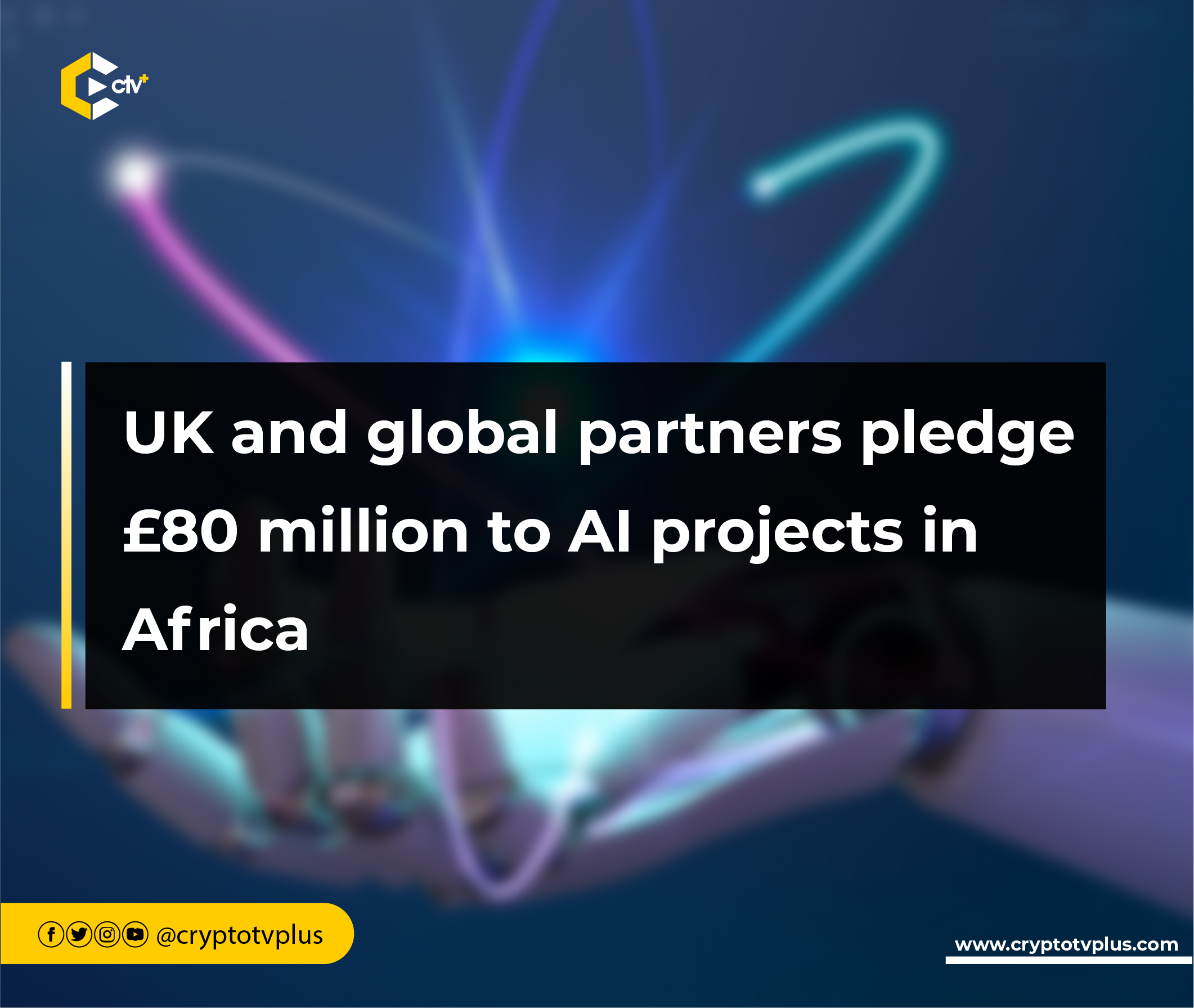News
UK and global partners pledge £80 million to AI projects in Africa

In a groundbreaking announcement made at the AI Safety Summit, the United Kingdom, in collaboration with global partners, has unveiled a £80 million initiative to fund safe and responsible AI projects for development in Africa and beyond.
This ambitious endeavor, led by the UK AI for Development Programme, aims to boost growth and innovation and support long-term development across the African continent.
According to the organization, it has committed £38 million to this collaboration, demonstrating the UK’s dedication to utilizing cutting-edge technology to address pressing global challenges.
This initiative, launched at the AI Safety Summit, also marks the introduction of a new global partnership aimed at leveraging AI to tackle some of the most critical issues faced by the developing world.
The initiative is being developed and implemented in collaboration with Canada, the Bill and Melinda Gates Foundation, the United States, and African partners. It seeks to harness the potential of artificial intelligence to drive positive change and sustainable development in the region.
Goals and objectives
The UK government’s AI for Development initiative has ambitious goals to spread the benefits of AI to 700 million individuals in Africa, covering 46 languages. Additionally, it aims to propel five African nations to a leading position in global AI discussions, specifically focusing on how AI can contribute to the UN’s Sustainable Development Goals. Lastly, the initiative seeks to establish or enhance responsible AI research labs within African universities, totaling eight in number.
Others are assisting at least 10 countries in creating robust regulatory frameworks to govern the responsible, equitable, and safe use of AI, and reducing entry barriers for African AI innovators by promoting partnerships with the private sector.
The organization said that the initiative will initially target sub-Saharan Africa, making advanced AI accessible to everyone. In the next five years, the UK and its global partners will fund post-graduate AI training, support innovators developing AI models for Africa, and advocate for responsible AI governance to manage risks and adapt economies to technological changes in African countries.
Bosun Tijani, Nigeria’s Minister of Communications, Innovation, and Digital Economy, said that the potential of AI to address socio-economic challenges stresses the importance of collaborating with allies to enhance Nigeria’s AI capabilities for positive impact.
“Africa has historically lagged behind in previous technological revolutions due to a lack of local production and value-added capacity,” Paula Ingabire, Rwanda’s Minister of Information, Communication, Technology, and Innovation, said.
“Rwanda is fully committed to harnessing the transformative power of AI to drive our nation’s and continent’s social and economic development agenda by becoming the proof-of-concept hub that Africans produce from, for the continent.”
Read also; UK regulator (FCA) identifies common loopholes in crypto ads, over 200 alerts issued

























1 Comment